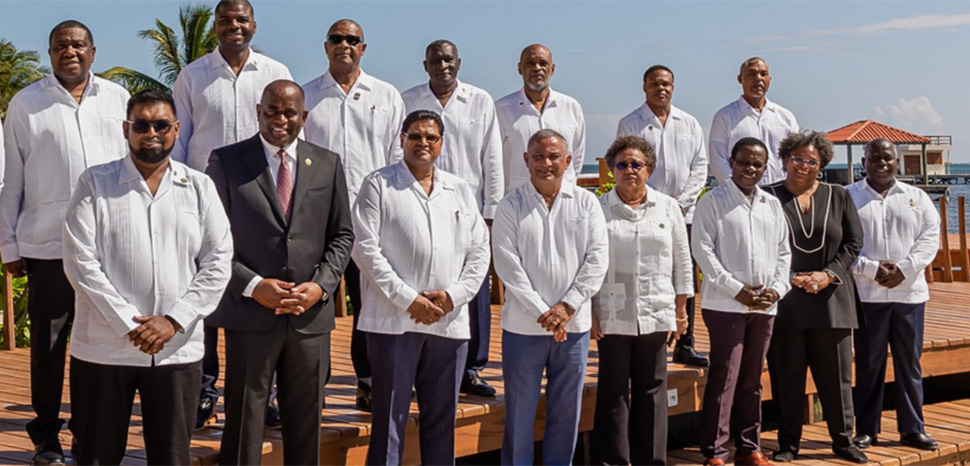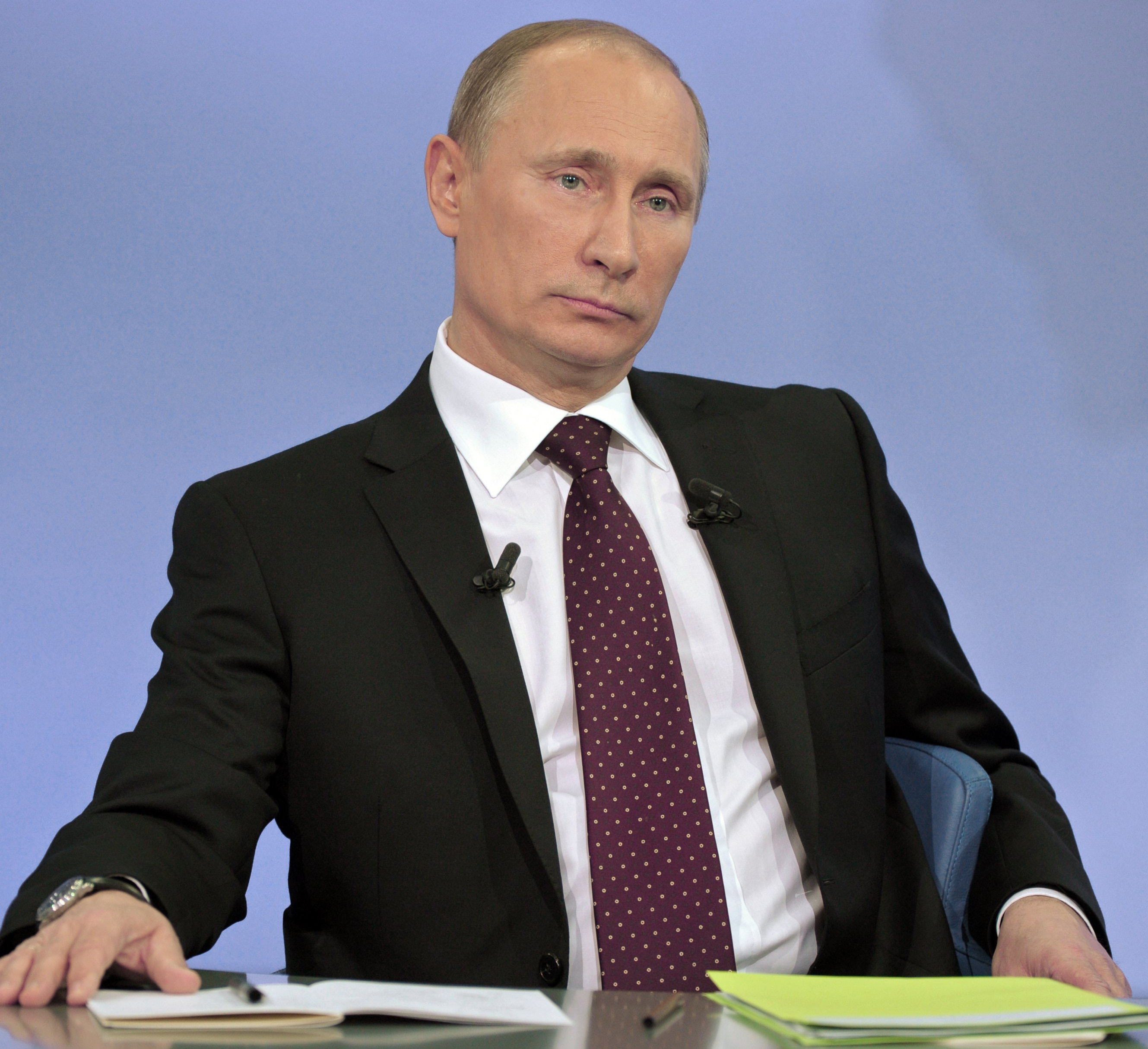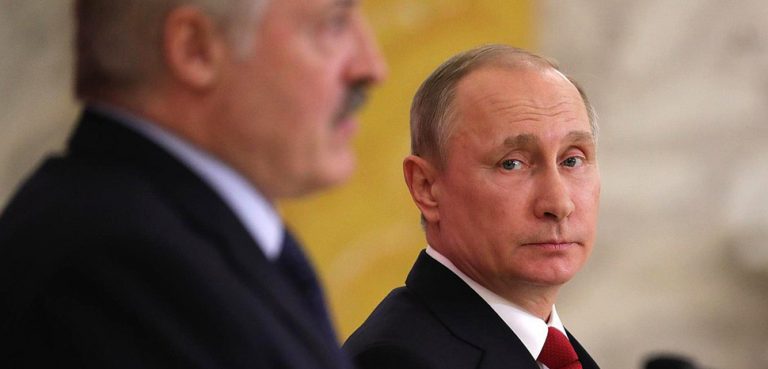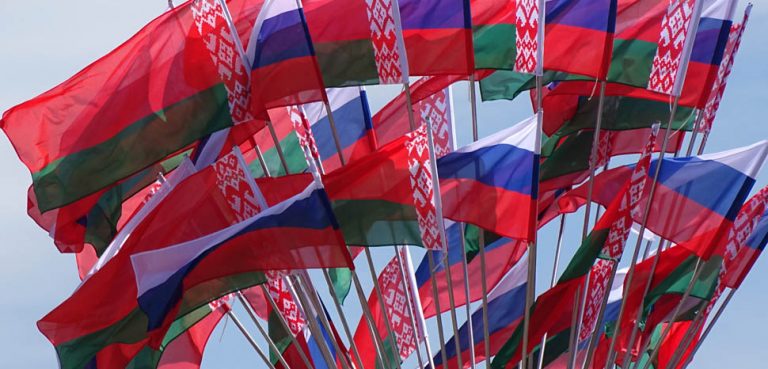Shortly following Russia’s invasion of Ukraine, on February 24, 2022, the Caribbean Community (CARICOM) bloc unequivocally condemned the act, underscoring, “The principles of respect for sovereignty, territorial integrity, non-interference in the internal affairs of another sovereign state, the prohibition on the threat or use of force, and the peaceful resolution of all disputes must be adhered to by all nations.” This CARICOM foreign policy pronouncement was motivated to a great extent by security-related foreign policy thinking—understood as a typical feature of the foreign policy logic of small states. It boils down to and mirrored CARICOM member states’ own fears—as small states—of becoming the victims of hard power conflict.
This foreign policy posture also reflects how many understand international relations as: 1) dominated—at least on paper—by ‘equal’ sovereign states, whose power differentials are determinative of their status or standing in world politics; and 2) animated by the absence of a supranational global authority, impacting significantly on the behavior of states in the international system. (For this reason, like other United Nations (UN) member states, CARICOM member states want to maximize their security.)
However, this perspective tells only part of the story. It reflects only one of two key dimensions in CARICOM member states’ respective foreign policies, the security logic.
A Framework for Analyzing CARICOM Bloc Foreign Policymaking
At first glance, security considerations appear to have a ubiquitous influence in CARICOM member states’ foreign policy thinking. However, at this stage of the conflict, such considerations should not be overstated. To a significant degree, their foreign policies are held up by economic development considerations—focusing on “strengthening regional and global market integration of Caribbean economies.”
To achieve that goal, CARICOM’s diplomacy is geared towards advancing efforts on: graduation, non-access to concessional financing, blacklisting, debt relief, correspondent banking, the unfair treatment of middle-income countries by the international financial institutions, shortfalls in the Green Climate Fund, and the ‘loss and damage’ climate change issue, among others. These are core foreign policy priorities, coming up in CARICOM engagements with third countries regarding the bloc’s advocacy for diplomatic backing and development aid in support of its membership’s development challenges. Featured on the official regional agenda, they are emblematic of an economic development-related foreign policy logic.
As the CARICOM foreign policymaking community sees it, there is no uniformity of views on whether one logic takes precedence over the other. In fact, these distinctive logics represent a particular foreign policy outlook on and normative assumptions about the conduct of international relations.
For the most part, these long-standing foreign policymaking logics have played out in the CARICOM bloc with the benefit of esprit de corps-filled moments of compromise. To many, this provides impetus to CARICOM member states’ collective diplomatic voice on the international stage. Ultimately however, either collectively or individually, CARICOM member states seek to leverage each logic to their own advantage at a given time and on a given international issue.
Shifting Trajectory of Foreign Policy Thinking
A case in point is regional states’ diplomatic state of play relative to the Ukraine war. A good barometer is the recently adopted UN General Assembly (UNGA) resolution calling for Russia to pay war-related reparations to Ukraine. Thirteen CARICOM member states abstained from voting, with one state absent. (Of the 193 UN members, 73 abstained, with just 94 voting in favor of the resolution and 14 against.)
While CARICOM member states have a record of voting-related abstentions in relation to some of the five Ukraine-related UNGA resolutions—with a view to telegraphing wider concerns—the virtual unanimity of CARICOM member states’ position on this particular resolution signals a shift in the bloc’s foreign policy thinking on the issue.
Bringing Economic Considerations Back In
To understand this diplomatic maneuvering, a focused discussion of the Ukraine war’s economic repercussions regarding CARICOM member states is in order. Set against the backdrop of a war that is nearing its one-year anniversary and that is showing few signs of resolution, CARICOM member states’ foreign policy goals vis-à-vis the conflict must increasingly account for economic considerations. This reflects their long-standing foreign policy prioritization of economic development as well as their deep concern that the bloc is paying a high economic price in relation to the wider effects of the conflict.
The economic repercussions of the Russia-Ukraine war are undermining the economic fortunes of these countries. They already face systemic vulnerabilities, as well as myriad crises, which the COVID-19-induced economic slowdown has compounded.
The pandemic became synonymous with lockdowns and border-related closures aimed at promoting public health imperatives. However, these same measures spelled economic ruin for the largely tourism-dependent economies of many CARICOM member states. Ensuing pandemic-related supply chain issues only added to recovery-related woes, given these small open economies’ high dependence on trade and their infrastructural constraints. Topping the list of these woes are the ongoing inflationary pressures facing the region. All told, the pandemic’s knock-on effects have brought about a historically consequential economic contraction in CARICOM.
Viewed through this prism, the Russian invasion of Ukraine has exacerbated the Caribbean’s dire economic situation. The global inflation crisis, which has brought about price shocks, is a phenomenon that national authorities in the Caribbean link to the conflict. In the case of Jamaica, even though some organizations are upbeat about the country’s economic recovery and performance—citing exogenous factors—they warn of a likely recession. They even highlight “risks to a sustained growth path [as being] elevated.” This narrative of high vulnerability is not unique to Jamaica. Even pre-pandemic, for example, many CARICOM member states—which rank as being among the most indebted countries in the world—were grappling with high levels of public debt.
In this setting, Caribbean leaders are making difficult choices to support key policy reforms. For the moment, economic reform imperatives are an urgent priority and CARICOM leaders must weigh the attendant political risks of not keeping pace with stakeholders’ expectations regarding a revival of their countries’ flagging economies.
Whither the Proverbial Foreign Policy-related Balance?
In the circumstances, balancing the norms of nonintervention with economic necessity may pressure Caribbean governments to take a different tact on how they approach the Kremlin-orchestrated invasion. Indeed, some in CARICOM’s foreign policymaking community see reason to review and change foreign policy orientations. They underscore that, through no fault of their own, CARICOM member states are being hemmed in economically by a global crisis that has arisen from the “international fallout” of Russia’s full-scale war of aggression against Ukraine.
Yet, others have much to say about and have a clear sense of the security dimension of CARICOM member states’ foreign policy thinking—expressing doubt that economic considerations trump sovereignty and territorial integrity issues and the use of force. It is not lost on them that what is at stake in this perilous moment is not just the European security order, but also their countries’ security. After all, the latter hinges on the sanctity of core principles of the ‘rules of the (multilateral) game’. From that perspective, the Statement of the Conference of CARICOM Heads of Government on the War and Humanitarian Crisis in Ukraine is just as relevant today as when it was issued in March 2022.
Concluding Thoughts
The CARICOM bloc’s diplomatic response to Russia’s invasion of Ukraine was built around security-related foreign policy thinking. Since then, however, the Russia-Ukraine war’s economic repercussions have become a foreign policy priority for CARICOM—marking a return to another tenant of the bloc’s foreign policy logic. Economic necessity is seemingly shaking up the initial foreign policy thinking of CARICOM’s political and foreign affairs elites. Relatedly, these effects’ macro-level consequences are a consideration for them. In short, at a time when the Russia-Ukraine war’s far-reaching impacts are overshadowing global policymaking discourse, it becomes that much harder for policymakers to move the needle on economic imperatives. That said, just because the bloc’s Russia-Ukraine war-related foreign policy attention has taken on the characteristics of economic statecraft, security-related foreign policy thinking has not necessarily been lost.
As the Russia-Ukraine war and its (in)direct impacts become increasingly salient in international relations, CARICOM member states will likely ratchet up calls for an end to the conflict. They should close ranks behind requisite foreign policy démarches, not least to set the tone of such a narrative. In the near-term, official pronouncements on this CARICOM foreign policy context may come from two upcoming high-level regional meetings. The CARICOM Council for Foreign and Community Relations, which is scheduled to meet again in May 2023, could provide important clues about the further evolution of member states’ foreign policy thinking. So, too, could a CARICOM summit that takes place early in 2023.
Dr. Nand C. Bardouille is Manager of The Diplomatic Academy of the Caribbean in the Institute of International Relations (IIR), The University of the West Indies (The UWI), St. Augustine Campus, Trinidad and Tobago. The views expressed in this article are those of the author and do not reflect the official policy or position of the UWI. The author would like to thank Ambassador Colin Granderson and Ambassador Riyad Insanally for their very helpful comments on earlier drafts of this article. His other scholarship to-date on what the Russia-Ukraine war means for the CARICOM bloc is set out in a compendium of articles, which is published online here.




